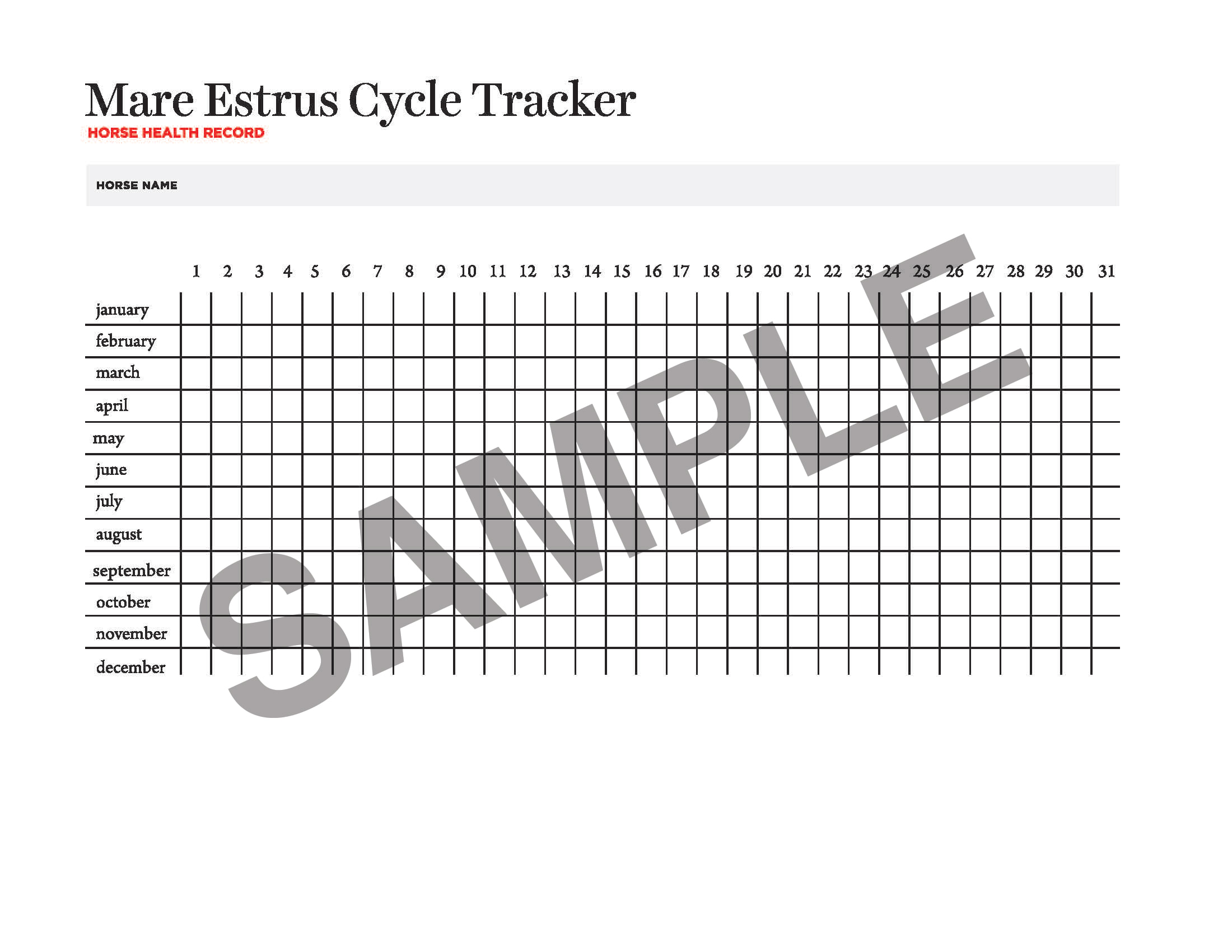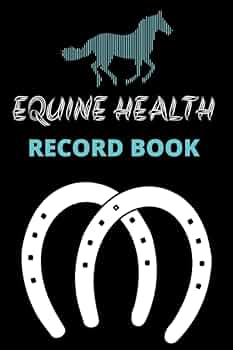Health Records: Keeping Track of Your Horse’s Medical History

Maintaining detailed health records for your horse is essential for ensuring its well-being, managing medical treatments, and facilitating communication with veterinarians. This article explores the importance of health records, what to include, and how to organize them effectively.
Why Keep Health Records?

Keeping accurate health records helps you monitor your horse’s medical history, vaccinations, treatments, and any illnesses or injuries. It enables timely interventions and informed decisions about your horse’s care.
What to Include in Your Horse’s Health Records

- Identification Details: Name, age, breed, color, and any unique markings.
- Vaccination History: Dates and types of vaccines administered.
- Medical Treatments: Records of illnesses, injuries, medications, and surgeries.
- Dental Care: Dates of dental check-ups and treatments.
- Farrier Visits: Dates and notes on hoof care.
- Diet and Nutrition: Feeding schedules and any dietary changes.
- Performance and Behavior Notes: Observations that might indicate health issues.
Organizing Health Records
Use a dedicated notebook, digital app, or spreadsheet to keep all information in one place. Tables can be particularly useful for tracking dates and treatments.
| Date | Treatment/Procedure | Notes |
|---|---|---|
| 2024-01-15 | Vaccination (Flu) | No adverse reactions |
| 2024-02-10 | Dental Check-up | Floating performed |
Benefits of Digital Health Records
Digital records offer easy access, backup options, and the ability to share information quickly with your vet. Many apps also provide reminders for upcoming vaccinations or treatments.
Frequently Asked Questions (FAQ)
Q: How often should I update my horse’s health records?
A: Ideally, update records immediately after any treatment, check-up, or change in health status.
Q: Can I use a mobile app for health records?
A: Yes, there are several equine health management apps designed for this purpose.
Q: What if I lose my health records?
A: Keeping digital backups or copies with your vet can prevent loss of important information.
Conclusion
Consistent and detailed health records are vital for your horse’s health management. They support better care, early detection of issues, and effective communication with professionals.
By following these guidelines, you can ensure your horse’s medical history is well-documented and easily accessible whenever needed.
